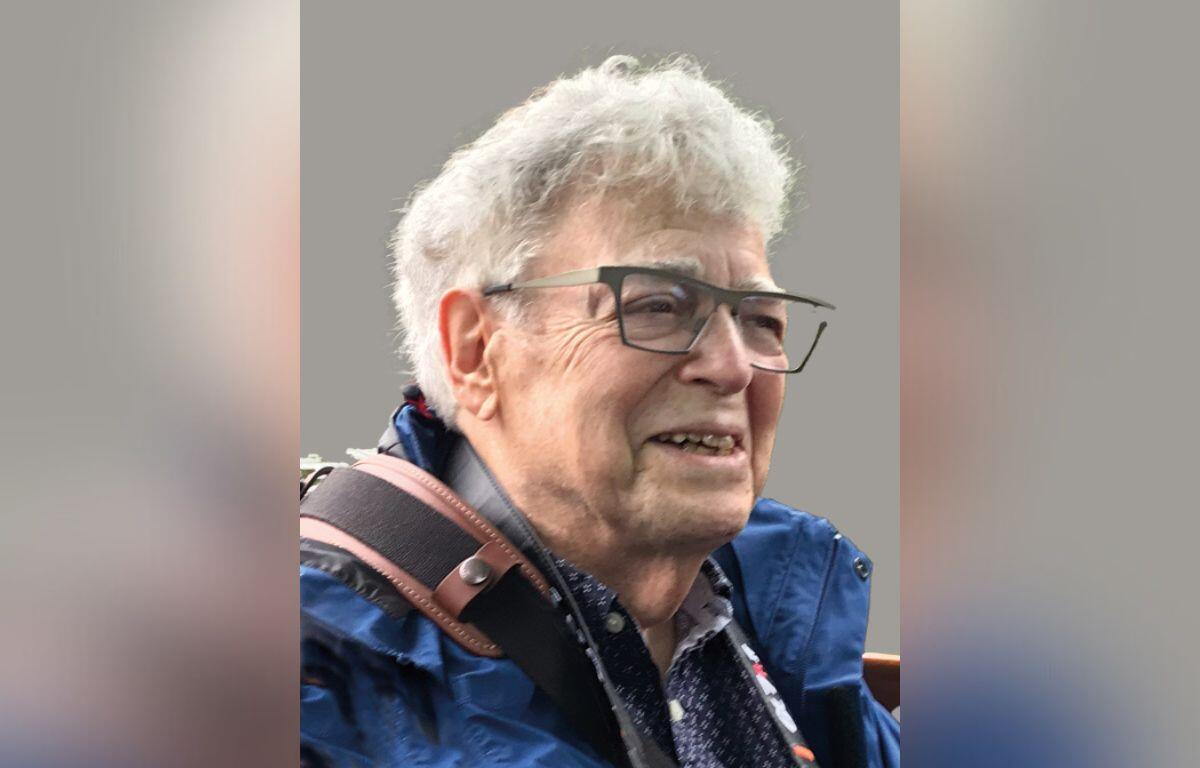URBANA, IL (Chambana Today) – Peter A. Loeb, 87, died at home in Urbana on November 20, 2024. A professor emeritus at the University of Illinois department of mathematics and pioneer in non-standard analysis, he was a quintessentially non-standard human being, father, husband, and friend. He was the beloved pride and joy of his entire family. He is survived by his wife of 66 years, Jane, his children Eric (Bronwen Loeb), Gwen (Doyle Ott), Aaron (Kathy Roberts), his grandchildren Toby Loeb Roberts and Sierra Loeb Ott, his sister Alison O’Brien, sister-in-law, Catherine Watkins, many nieces and nephews, and a large body of mathematical work. He was predeceased by his parents Edwin Loeb, Lisl Davis, Don Davis, and Ella-Marie Loeb, his brother Timothy Loeb, sister Barbara Kennedy, and in-laws Judith Smith and Sara, John, and Emily Shirley-Quirk.
He was the top half of the first graduating class (n = 2) from Harvey Mudd college in 1959. He received his MS at Princeton (‘61), and his PhD from Stanford (‘64) in mathematics studying under Halsey Royden. His first professorship was at UCLA, where he remained until he took the position of assistant professor at the U of I in 1968. He and Jane remained in Champaign-Urbana for the next 56 years — or as Peter would say, “more than 1% of recorded human history.”
Professor Loeb made fundamental and lasting contributions to mathematics. His research was centered in problems of representing measures and ideal boundaries in potential theory and also the application of non-standard models to mathematical analysis. In 1975 he published a mathematical construction that has since been called the “Loeb measure” (though never by him). The Loeb measure has been used by mathematicians worldwide and inspired a vast literature in mathematics and beyond. It has already led to important applications in probability theory, potential theory, number theory, mathematical economics, and mathematical physics. Some of those applications have made a compelling case for the current and future development of mathematical models based on a Loeb space.
Peter was recognized for his work by the international and American math communities with invited hour addresses at the American Mathematical and Swedish Mathematical Societies, and an invited address at the International Congress of Mathematicians in 1983. His awards included designation as a fellow of the American Mathematical Society in 2012, the Japan Society for the Promotion of Science fellowship, University of Illinois Center for Advanced Studies fellowship, and NSF Principal Investigator almost continuously for 30 years. Over his years as a professor, Peter was also a visiting scholar at institutions around the world, including Yale, Caltech, University of Washington, Chalmers University of Technology in Sweden, Tokyo Science University, Tokyo University, and National University of Singapore. In the last year of his life, he spoke and was honored in a special session of the American Mathematical Society in San Francisco titled “Loeb Measure after 50 Years”.
Peter’s acute brain was not reserved only for academics. He had a phenomenal memory for tunes and words of songs (albeit sometimes within a monad of the correct rhythm), movie plots, and jokes. His humor was endemic, as was his particularity about word choice. (He would not have approved of the use of “endemic” in the previous sentence.) He enjoyed word play and had a mischievous grin and sparkle in his eyes when he was about to deliver a bon mot. As he told his oncologist on learning of the growth of the brain tumor that ultimately killed him, he had been feeling like he was no longer the sharpest bulb in the deck of cards, but at least he could be sure he had a fertile brain.
Peter was passionate about politics, music, fine arts, and fine things. As a lifelong Democrat, he was active in the local party for many years. He and Jane maintained a Chicago apartment in large part to attend Chicago Symphony, theater, and Lyric Opera performances. Always an enthusiastic singer on family car trips and around the campfires of his youth, he joined the Choral Union upon retirement and began taking voice lessons. He enjoyed performing in concerts and recitals, and continued his singing lessons until the day before he became bed-ridden.
Condolences may be offered at Renner-Wikoff Chapel & Crematory.


